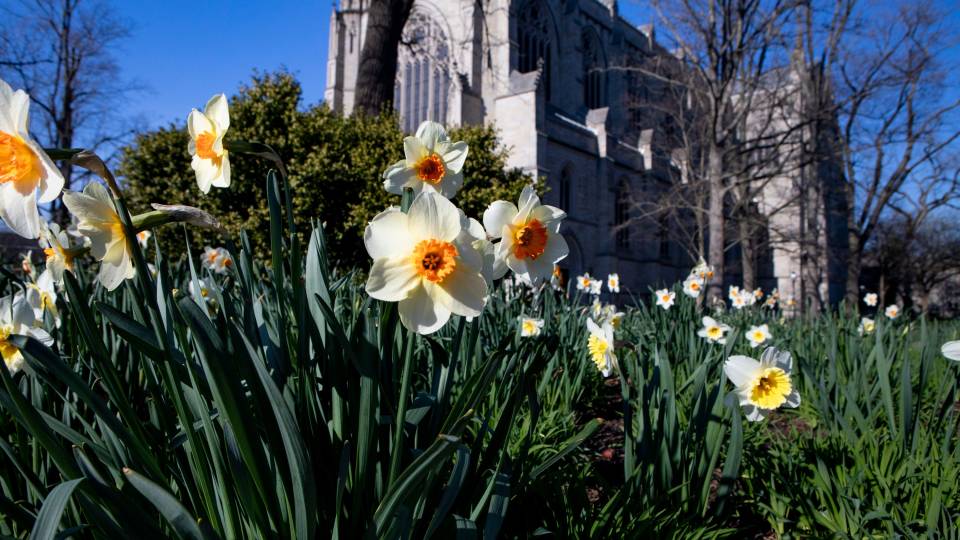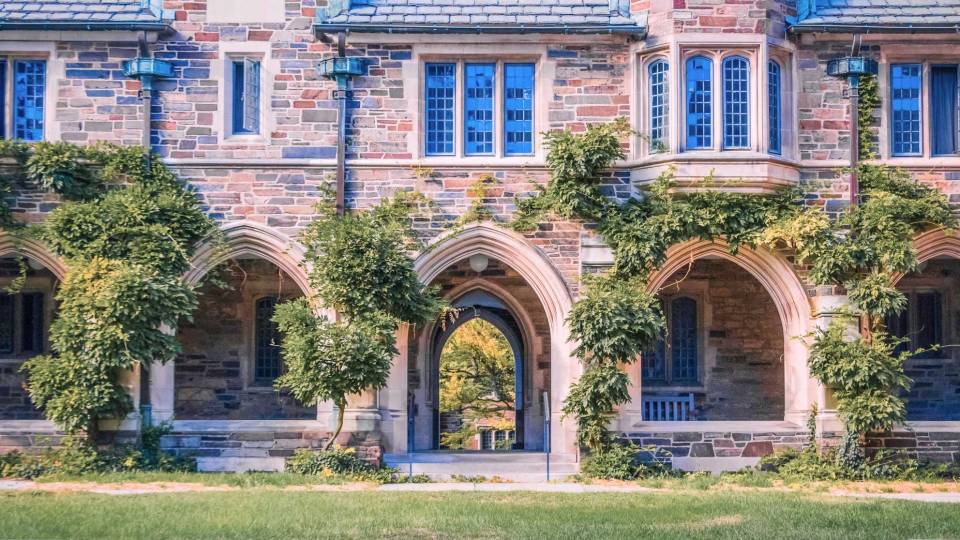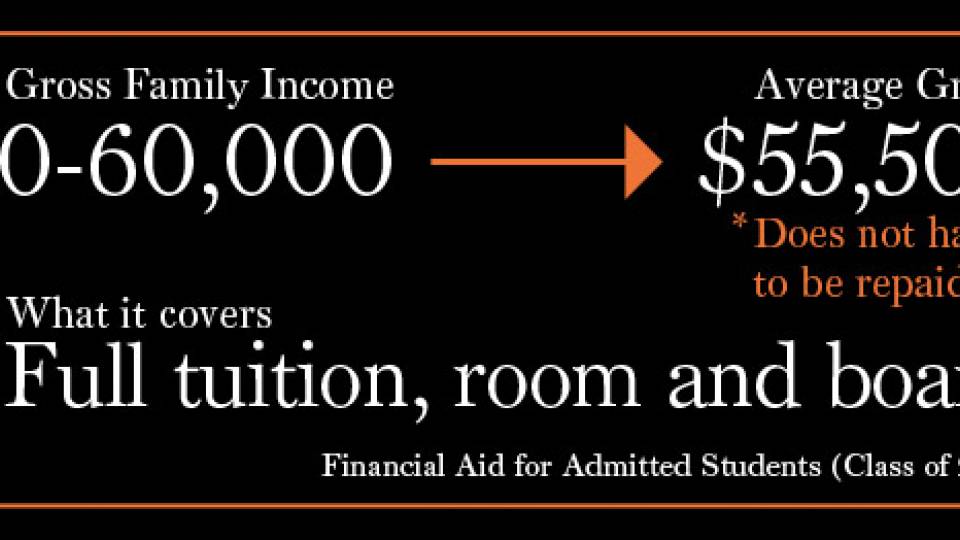The trustees of Princeton University have adopted an operating budget for the University totaling $2.3 billion for 2019-20, which includes a 7.2% increase to $187.4 million in the undergraduate financial aid budget to continue to ensure that a Princeton education is affordable for every admitted student.
Princeton provides financial aid in the form of grants, which do not have to be repaid. It does not require any borrowing, so students can graduate debt free.
The University insulates students on aid from increasing costs of attendance. Aid packages are recalculated each year to offset increases to tuition, room, board and other expenses and to take into account changes in the family’s financial circumstances.
“We follow the simple but important principle that a Princeton education should be affordable and accessible to any family. The financial aid office makes extraordinary efforts to determine parental contributions that are fair, given each individual family’s resources,” said Provost Deborah Prentice, the University’s chief budget officer and chair of the student-faculty-staff Priorities Committee that makes budget recommendations to the trustees.
Princeton tailors each financial aid package to a family’s particular circumstances. In determining need, it excludes equity in the primary residence and retirement savings and it considers other obligations, such as educational expenses for other children as well as debt and medical bills for dependents.
The University’s commitment to access and affordability has allowed it to diversify the makeup of the student body in significant and impactful ways. More than 60% of all undergraduates receive aid, and for families earning up to $65,000, the financial aid package typically covers the full cost of tuition plus room and board. The proportion of students eligible for federal Pell Grants, restricted to low-income students, has increased to 20% of students in the Class of 2022, up from 7% of the Class of 2008.
The fee package (which includes tuition, room and board) will increase from $65,810 to $69,020 for 2019-20. Princeton has had the lowest fee package in the Ivy League since 2001-02.
The average scholarship for students receiving aid is projected to increase by 6.6% to approximately $57,100 in the coming year.
President Christopher L. Eisgruber presented the budget proposal to the trustees during a meeting on April 7.






![Princeton Budget Report: “Gross Family Income = $0-65,000 Average Grant* = $60,375 *Does not have to be repaid; What it covers: Full tuition, room and board [Financial Aid for Admitted Students (Class of 2020)]”](/sites/default/files/styles/half_1x_crop/public/images/2016/04/pricom_WhatItCovers_homepage.jpg?itok=jIyD9zJ1)
